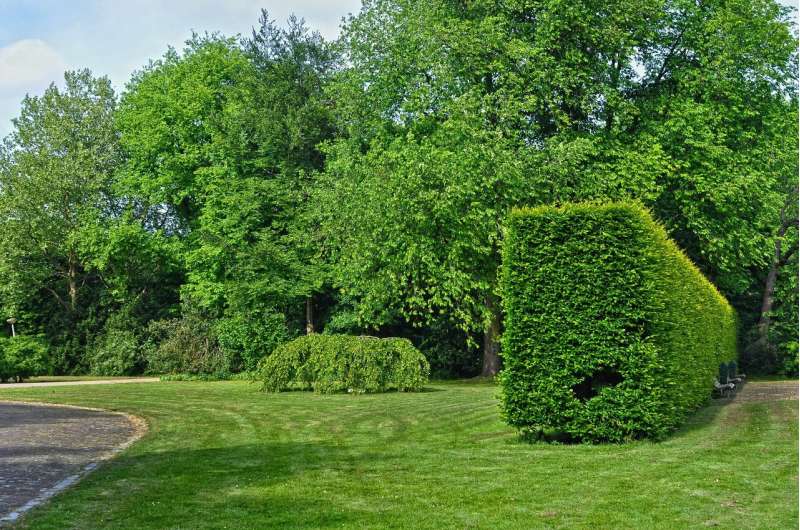
A new study conducted by Northwestern scientists explores the impact of living near green spaces, such as parks and plant-rich areas, on how our bodies age and contribute to overall healthy aging.
The study conducted by Northwestern Medicine found that greater proximity to green spaces is associated with slower biological aging. On average, individuals living near more green spaces were biologically 2.5 years younger than those who had less exposure to greenness.
However, the benefits of green spaces varied based on race, sex, and socioeconomic status.
“Although we typically focus on factors like diet, exercise, and sleep for healthy aging, our research emphasizes the importance of our surroundings, particularly our community and access to green spaces,” stated Kyeezu Kim, the study’s first author and a postdoctoral scholar at Northwestern University Feinberg School of Medicine.
This study is the first to investigate the impact of long-term exposure (around 20 years) to urban green spaces on biological aging. It specifically utilizes DNA methylation-based epigenetic age as a biomarker.
The researchers discovered disparities in the benefits of green spaces for biological aging based on race, sex, and socioeconomic status.
The study involved more than 900 individuals from four cities in the U.S.: Birmingham, Ala.; Chicago; Minneapolis; and Oakland, Calif. This sample size represents a subset of the larger-scale CARDIA study (Coronary Artery Risk Development in Young Adults).
To evaluate the 20-year exposure to surrounding green spaces, satellite imaging was used to quantify overall vegetation and the presence of major parks near the participants’ residences. Blood DNA methylation was then analyzed to assess participants’ biological age.
Dr. Lifang Hou, the senior author of the study and a professor of preventive medicine at Feinberg, highlighted the significance of these findings, stating, “Our study reveals that the natural environment, like green space, influences our health at a molecular level, as evidenced by changes in DNA methylation detectable in blood. We have extensively researched molecular-level changes related to various age-related health outcomes, such as cardiovascular disease, cancer, cognitive function, and mortality. This study adds to our understanding of how the environment impacts these health outcomes.”
According to Hou, the disparities observed based on race, sex, and socioeconomic status underscore the need for future research to explore the role of social determinants of health in relation to the surrounding environment and healthy aging.
Kim emphasized the implications of their findings for urban planning, stating, “We believe our findings have significant implications for urban planning in terms of expanding green infrastructure to promote public health and reduce health disparities.”
The study, titled “Inequalities in urban greenness and epigenetic aging: different associations by race and neighborhood socioeconomic status,” was published in Science Advances on June 28.
More information:
Kyeezu Kim et al, Inequalities in urban greenness and epigenetic aging: Different associations by race and neighborhood socioeconomic status, Science Advances (2023). DOI: 10.1126/sciadv.adf8140
Citation:
More green spaces linked to slower biological aging (2023, July 3)
retrieved 3 July 2023
from https://phys.org/news/2023-07-green-spaces-linked-slower-biological.html
This document is subject to copyright. Apart from any fair dealing for the purpose of private study or research, no
part may be reproduced without the written permission. The content is provided for information purposes only.



